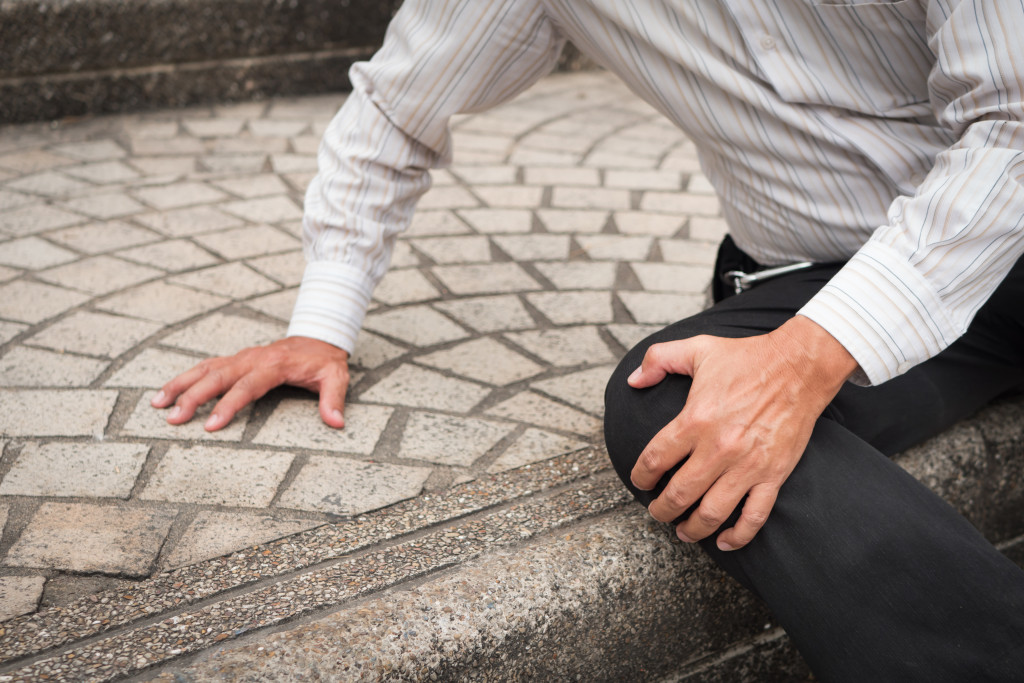- Seek appropriate medical attention and keep detailed records of everything related to the injury.
- Consult a personal injury attorney who specializes in the type of injury you experienced to determine your legal rights.
- Document the incident using eyewitness accounts, photographs, police reports, and medical records.
- Determine who is liable for the injury and pursue compensation accordingly.
Traveling is an exciting adventure that many individuals around the world enjoy. Whether for business or pleasure, exploring new places and experiencing new cultures can be enriching and fulfilling. However, traveling can sometimes come with unforeseen risks, and an unexpected injury can turn a fulfilling experience into a nightmare. This blog post will discuss the legal options for individuals who obtain life-changing injuries while traveling.
1. Seek Appropriate Medical Attention
The first and most crucial step after obtaining an injury while traveling is to seek medical attention. This step is critical not only for your health but also for legal purposes. Medical records serve as evidence that can be used to support your injury claim. Maintaining detailed records of all your medical appointments, treatments, and expenses is essential.
Ensure you get checked even if you don’t think you’re seriously injured. Some medical conditions, such as concussions and other traumatic brain injuries, may not immediately present symptoms. You should also take note of any psychological or emotional issues you experience related to the injury, as these can be used to support your case.

2. Consult an Attorney
In cases of life-changing injuries, it’s advisable to consult with an attorney who specializes in personal injury law. An attorney can help you determine the legal options, the statute of limitations, and the potential damages you may receive. Personal injury attorneys also have the resources and expertise to handle cases involving injuries outside your home country.
Some attorneys also specialize in various injuries. For example, a spinal cord injury attorney will know more about the legal remedies available for spinal cord injuries, such as medical malpractice cases and product liability claims. They may also have access to resources specific to your claim type.
3. Documentation of the Incident
After seeking medical attention, it’s vital to document the incident that caused the injury. This will help your attorney establish a strong case for your claim. Here are some documents that may be helpful:
a. Eyewitness accounts
People present when the incident occurred can provide valuable information for your case. If possible, obtain the contact details of any eyewitnesses and ask them for their account of what happened.
b. Photographs
Photographs of the scene can be used to corroborate your version of events. Make sure you take pictures from different angles and distances to capture the scene accurately. You should also take photos of the injury to document its severity.
c. Police reports
If you file a police report soon after the incident, it can be used as evidence in a legal case. The report should include the details of the incident, such as the time and location. It should also list any eyewitnesses who are willing to provide testimony.

d. Medical records
Medical documents, such as X-rays and MRI scans, can be used to demonstrate the extent of the injury. Make sure you keep track of all your medical appointments and treatments, including details about the type of treatment received and the cost incurred.
4. Determine Liability
Determining liability is one of the most important factors when seeking compensation for an injury. Liability refers to responsibility for the accident and injury. It’s easy to determine who is liable in some cases, while it can be more challenging in others. Liability could be attributed to a third party, such as the hotel or tour company you used.
Make sure to review the terms and conditions of any contract or agreement you signed before your trip to determine who is responsible. An attorney can also help you identify potential parties liable for the injury. Depending on the circumstances, you may be able to seek compensation from one or more parties.
5. Pursue Compensation
You can pursue compensation once you’ve consulted with an attorney and determined the legal options available. This compensation may include medical expenses, lost wages, pain and suffering, and other damages related to the injury. Working closely with your attorney is essential to ensure that your case is presented strongly and effectively. You want to make sure you receive the maximum amount of compensation available.
Obtaining a life-changing injury while traveling can be a traumatic experience, but it’s essential to know that legal options are available. Seeking medical attention, consulting with an attorney, and documenting the incident are all critical steps to take. You may also be able to pursue compensation from one or more parties. With the proper legal representation and evidence, you can get the justice you deserve.







